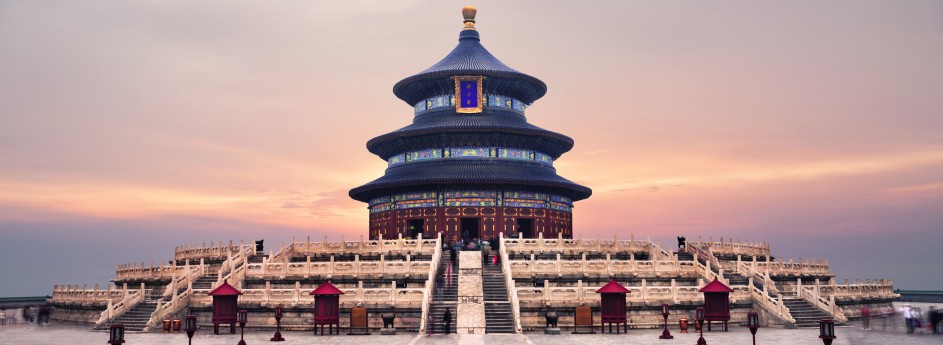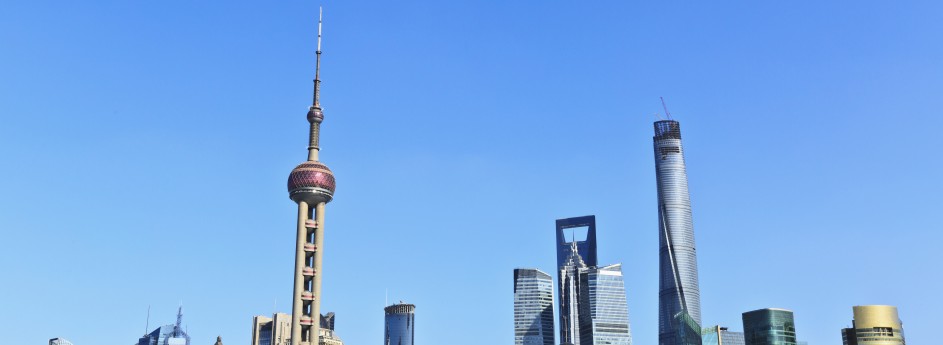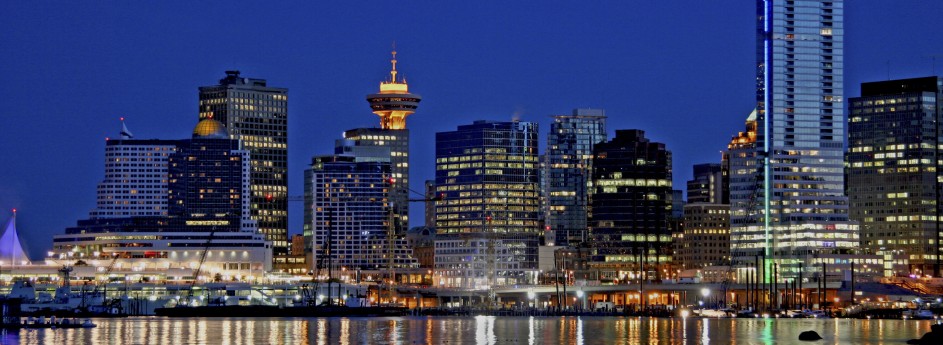Ooooh, the Grapes are so Sour
Oslo, Norway just pulled out of the bidding for the 2022 Winter Olympics Games, leaving only Almaty, Kazakhstan and Beijing-Zhangjiakou still in the running. Oslo is the latest “democratic” country to bail following earlier withdrawals by Stockholm, Sweden, Krakow, Poland, and Lviv, Ukraine. St. Moritz, Switzerland and Munich, Germany had briefly considered a bid but quickly shrank away due to financial worries and strong local opposition.
This was all too much for a Financial Post commentator (the piece was also carried in the Vancouver Sun) who ranted that this bestowed legitimacy on “deplorable authoritarian regimes” like China, Russia (and Kazakhstan) that covered up their “crimes” with the magnificence of Olympic venues. A like-minded outburst appeared on the online version of Atlantic Monthly.
Talk about the height of Western arrogance, vicious defamation, and scornful sour grapes. As if only Western “democratic” countries had the prerogative to hold the Olympic Games. It’s their own fault that through pandering to welfare-seeking constituents and mismanagement of budgets that most Western governments have become heavily indebted and therefore lacking the financial wherewithal for such massive undertakings.
Ever escalating costs is a legitimate issue for all nations, even China, with its treasure chest of $trillions. Clearly, the estimated US$51 billion price tag associated with the Sochi Games scared off most contenders even though most of that figure went to long-term regeneration and infrastructure projects as opposed to the running of the games per se.
Almaty really wants the Games but has precious little cash. A Kazakh Olympic Committee member readily admitted to Reuters earlier this year that the country’s budget for the games is not big. If, despite its very limited resources, the International Olympic Committee (IOC) votes for Almaty next summer in Kuala Lumpur, it will be the first time that a Central Asian country holds the Olympic Games. Realistically, however, given the immense cost and technical complexity of hosting world-class events, perhaps it would be more prudent for the Kazakhs to bid for the Asian Games first before considering taking on such a colossal task. India’s dismal hosting of the 2010 Commonwealth Games is a case in point.
In this respect, China has plenty of experience, having held in succession the triumphant 2008 Summer Olympics, the 2010 Guangzhou (and the 1990 Beijing) Asian Games, the 2011 Shenzhen Universiade, and most recently over the summer, the equally laudable 2014 Nanjing Youth Olympic Games (YOG), among others. The frugality of the Nanjing YOG bodes well for a thrifty Beijing-Zhangjiakou bid. 26 venues and 12 training facilities in Nanjing were modified and renovated for the YOG and only one new venue – the Youth Olympics Sports Park – was built.
While Beijing is flat, Zhangjiakou, about 100 miles Northwest of Beijing in Hebei province sandwiched between the Mongolian Plateau and the North China Plain, is endowed with the high Yan and Taihang Mountains and deep valleys ideal for winter sports. Some of China’s best skiing resorts can be found in the area and the authorities fully expect a successful bid to spur the burgeoning of a winter sports Mecca there. A high speed rail line between Zhangjiakou and the capital has been under construction for some time and is expected to commence service in 2017, shortening the ride to within 40 minutes from inner Beijing.
Although Beijing-Zhangjiakou will prove to be a powerful contender, the IOC has traditionally preferred to rotate the games among continents/sub-continents. A successful bid by Beijing-Zhangjiakou would be the third consecutive time that an Asian country will host either winter and summer games, following the 2018 Winter Games in Pyeonchang, South Korea and the 2020 Summer Games in Tokyo. But, on the other hand, as IOC President Thomas Bach poignantly remarked to AP recently, “You look into economy or sports, it’s always the same, everywhere the same. Asia is on the rise…”
Personally, this author would like to see the games go to Almaty since for one, Beijing and other Chinese cities have had the privilege of hosting an array of world class and regional-level games; and second, it would help put Central Asia on the map. The Kazakhs are strapped for funds and China has piles of it. Perhaps an arrangement can be worked out for the Chinese to help out their Central Asian friends. That would make Western neo-Cold Warriors cringe even more.
The Olympics are first and foremost about sport and providing athletes with the best venues and facilities in which to compete to their optimum level. In so doing, the games become a catalyst to promote sport among the host country’s people along with overall improvements to state and society. So, shed the ideological vitriol that pits ‘democratic’ versus ‘authoritarian’ states and encourage the hosting of thrifty and well-managed Olympic Games.
Economic Worries of Hong Kongers
This piece echoes the analysis of yesterday’s post: behind the political rhetoric and passion for protest lies deep economic anxiety of Hong Kongers and their resentment/envy of mainland tourists. Note the comments of a Yvonne Choy and mention of the infamous 2012 ad taken out in the Apple Daily (banner paper of Anti-China entrepreneur Jimmy Lai) depicting mainland shoppers in Hong Kong as ‘locusts’. This article headlined today’s WorldPost section of the Huffingtonpost.
Stratfor’s Take on the Probable Outcome of the Hong Kong Protests
Here the two-bits from Rodger Baker, vice president of Asia-Pacific analysis at the geopolitical intelligence firm Stratfor (interviewed by FoxNews.com) on the Hong Kong student protests. I agree that the most likely scenario is the third under which the authorities simply wait out the protestors. Mr Baker similarly cautions against making strong linkages between the current protests and what transpired a quarter century ago in Beijing.
Mr Baker says the Chinese government has three different ways to handle the situation.
Officials might choose to take swift action. “They could decide very quickly and assertively and use the security forces of the Hong Kong police or beyond that, I think [though] that’s off the table for them and they do not want to employ that,” said Baker.
He suggests Beijing might allow limited political reform. “If they do that, they demonstrate that public protests are a viable way to alter the political requirements that Beijing puts on Hong Kong and they really can’t allow that to happen.”
Another option which Baker sees more likely is authorities waiting out the protesters. “Hope there is going to be either the protesters leave of their volition [or] that they run out of steam.
Baker cautions though that there are not too many similarities between Tiananmen Square and current protests.
“Hong Kong is very different than mainland China. Mainland China is at a very different stage of its development than what it was in the past, so a complete comparison is probably not entirely accurate between the two.”



